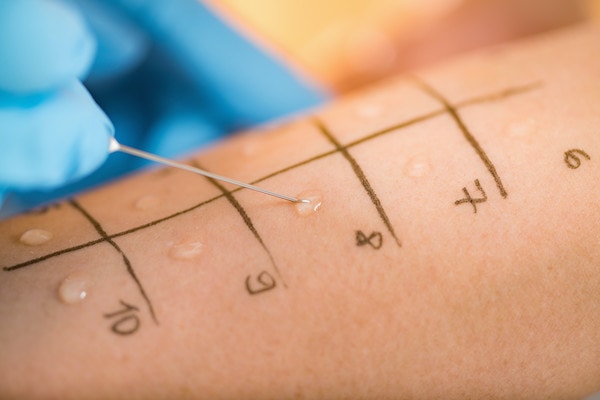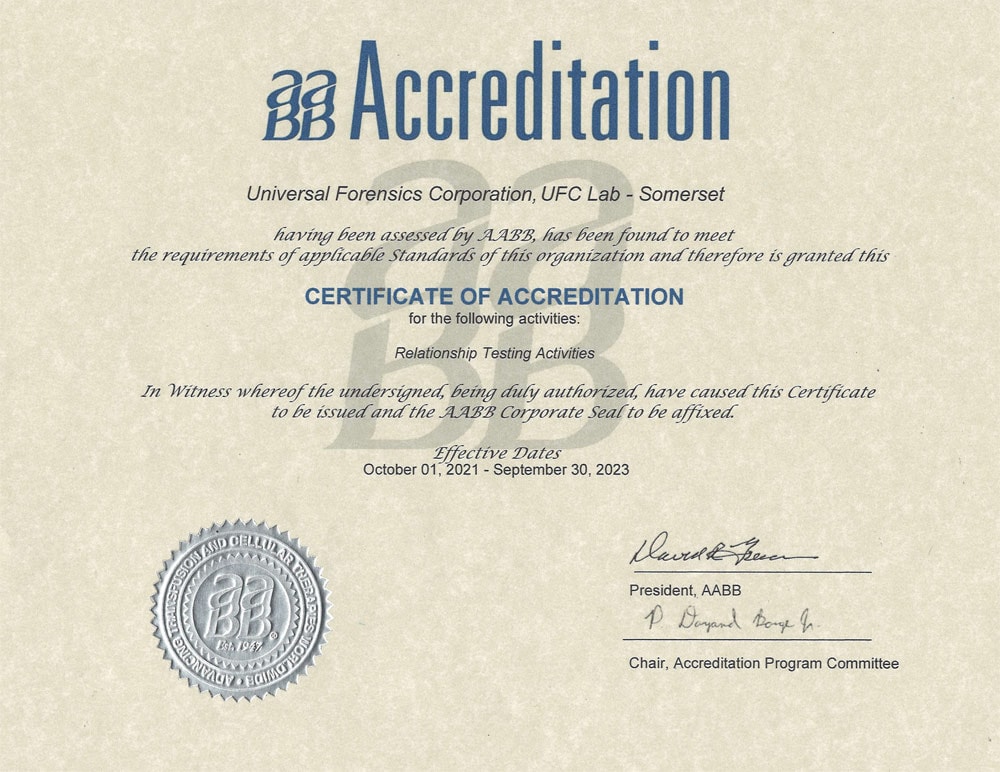Everything You Need to Know Allergy Testing

Everyone seems to be sneezing and wheezing these days. Experts say pollen is getting worse every year thanks to climate change.
Pollen is a very common allergen, but it’s far from the only one worth worrying about. If your allergies are making you miserable, it’s time to consider an allergy test.
Food and environmental allergy testing can provide valuable insight. But before you get that insight, there are a few things you should know about preparing for allergy testing.
Read on for a basic guide on how to prepare for allergy testing.
What Your Doctor Will Ask
The doctor won’t test you without first asking you some questions. These questions exist to ensure you’re a good candidate for adult allergy testing.
First, your doctor will need to know what medications you’re currently taking. That includes over-the-counter allergy meds like Zyrtec and Claritin.
If the answer is yes, you’ll need to stop taking those medications for a few days. That’s designed to ensure the results are as accurate as possible.
Older antidepressants and asthma medication can also impact allergy testing. Be honest with your doctor; they’re not going to judge you either way.
You should also expect to talk about your medical history. For instance, let’s say you had a major allergic reaction to shellfish when you were in college. That deserves a mention.
After all that, your doctor will determine what kind of allergy test you’ll undergo. A blood test is possible, but a skin test is the most likely option. Let’s take a look at both.
Types of Allergy Tests
A skin prick test is a likely option. If the idea of getting stabbed with needles stresses you out, don’t worry: You’re not getting stabbed. The needles will barely poke you.
Expect the test to get performed on either your forearm or back. Either way, the patch of skin will first get cleaned. After that, your skin will get marked up.
Once the marks are in place, samples of various allergens will get placed on your skin. One patch might get pet dander, another might get pollen, and so on.
Skin testing is better at testing environmental allergens, though they can sometimes look at food allergies as well. The way your skin reacts will tell doctors what they need to know. In general, a red, itchy bump confirms that yes, you are allergic to that substance.
Skin injection and patch tests are also options. But if none of those work, your doctor can order a blood test.
A blood test works well if the doctor fears that any exposure to a certain allergen can cause a severe reaction. After all, allergy tests should help you, not send you to the hospital.
While skin prick tests return results within a few minutes, blood tests can take a few days. You’ll have to get the blood drawn and wait for a call back from your doctor’s office.
Preparing for Allergy Testing
For most people, preparing for allergy testing is a lot like preparing for any other visit to the doctor. If you need to change something about your routine beforehand, your doctor will let you know.
Got more questions about allergy testing? We’d love to help answer them. Contact us today to ask about our range of available allergy tests.








